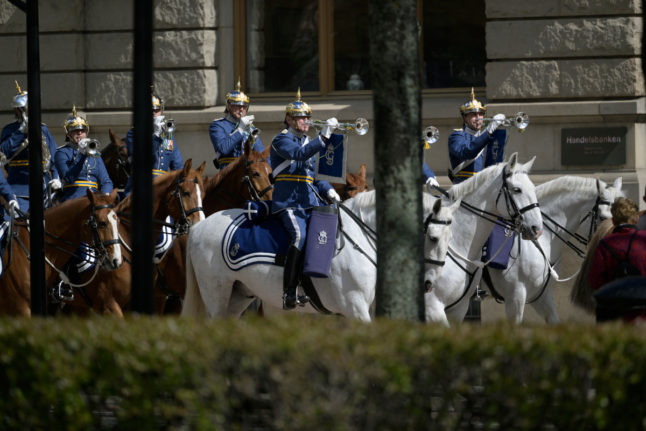The development comes four months after the former head of state, who is facing investigations into his finances, fled into self-imposed exile in the United Arab Emirates.
“King Juan Carlos… has presented the fiscal authorities with a spontaneous declaration that led to a tax debt, already settled and amounting to €678,393,72, including interest and penalties,” his lawyer Javier Sanchez-Junco said.
In the brief statement, the lawyer added that his client “remains, as always, at the disposition of the public ministry for any procedure or action the latter deems appropriate.”
El Pais newspaper reported on Sunday that the former king submitted a voluntary declaration to the Spanish tax office in order to put his finances in order.
The declaration was presented by his lawyer with sources telling the paper the move was in connection with an ongoing anti-graft investigation looking into his credit card use.
The legal probe was confirmed last month by Spain's attorney general, with judicial sources telling AFP at the time they were looking at whether the former king used cards linked to accounts not registered in his name — which could constitute a possible money-laundering offence.
They said investigators were looking into funds deposited in several Spanish bank accounts held by a Mexican business and a Spanish Air Force official, and whether they had been accessed by the former monarch.
Prosecutors had sent legal requests abroad to determine whether the monies deposited in the accounts had been hidden from the tax authorities.
If proven, the allegations could constitute a money laundering offence for which he could be prosecuted given that the movement of funds and use of the credit cards occurred after his abdication in June 2014.
Prosecutors are also examining a Saudi high-speed rail contract that was won by a consortium of Spanish companies in 2011, seeking to establish whether the then-monarch was paid a commission.
According to Swiss daily La Tribune, the late Saudi king Abdullah deposited $100 million into a Swiss private bank in 2008 to which Juan Carlos I had access, prompting suspicions it was a kickback for the contract which was awarded three years later.



 Please whitelist us to continue reading.
Please whitelist us to continue reading.
Member comments